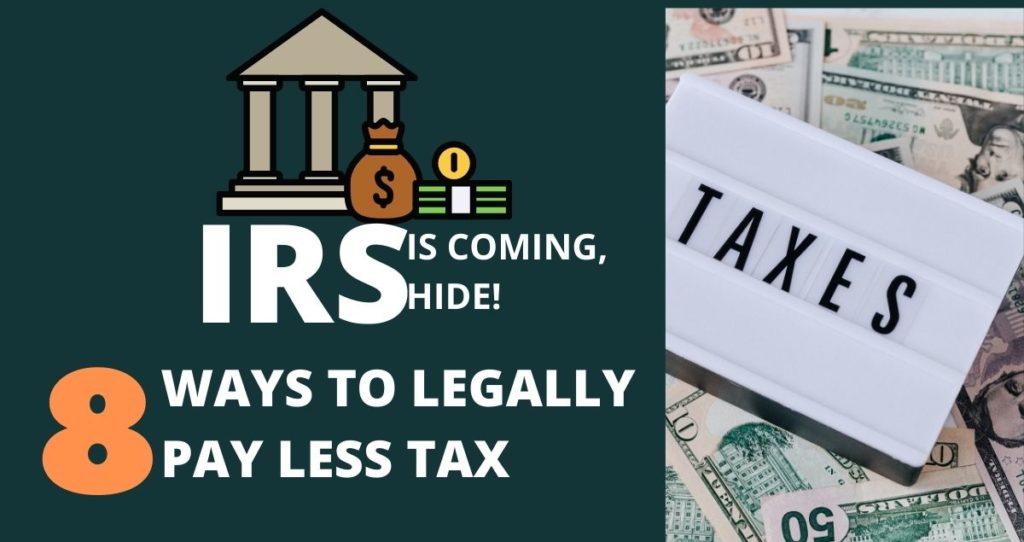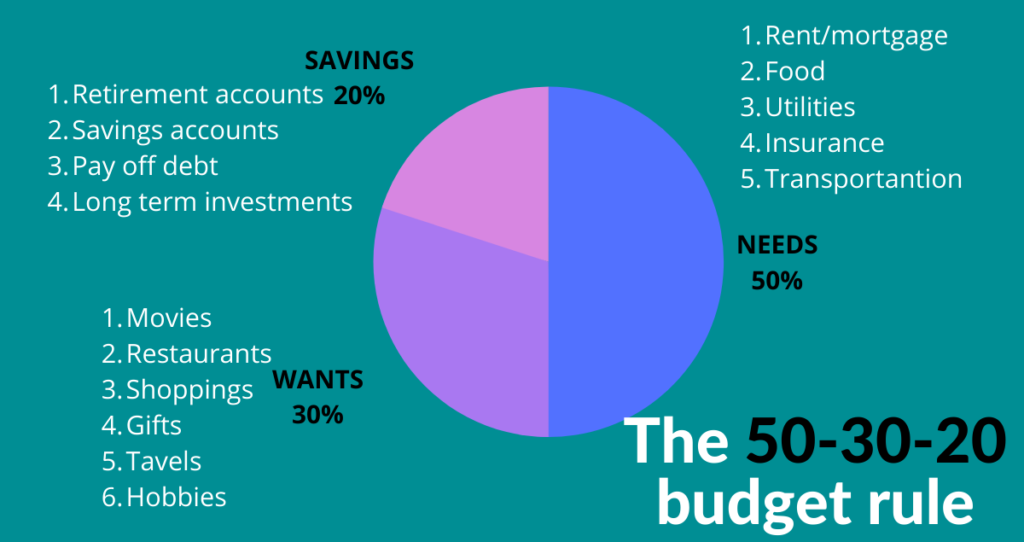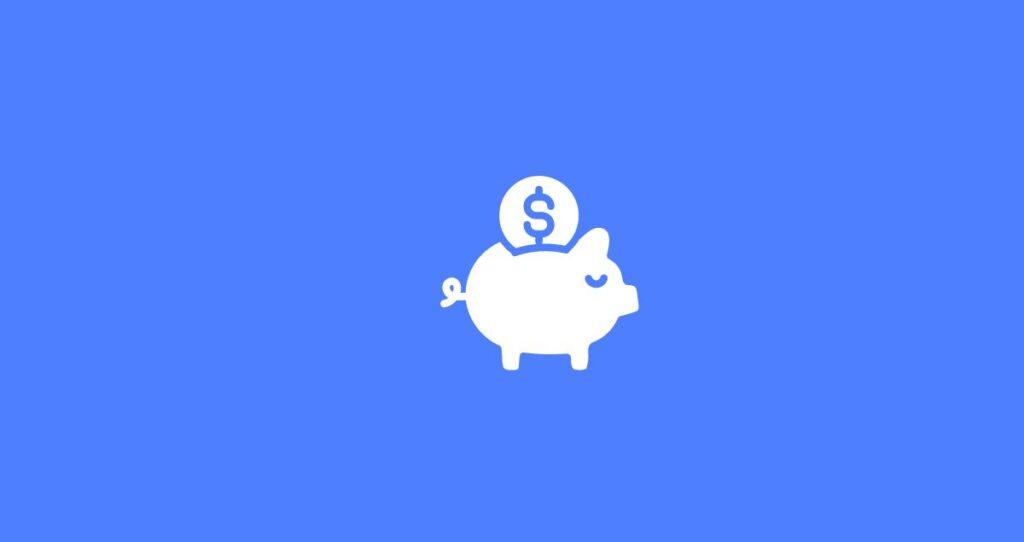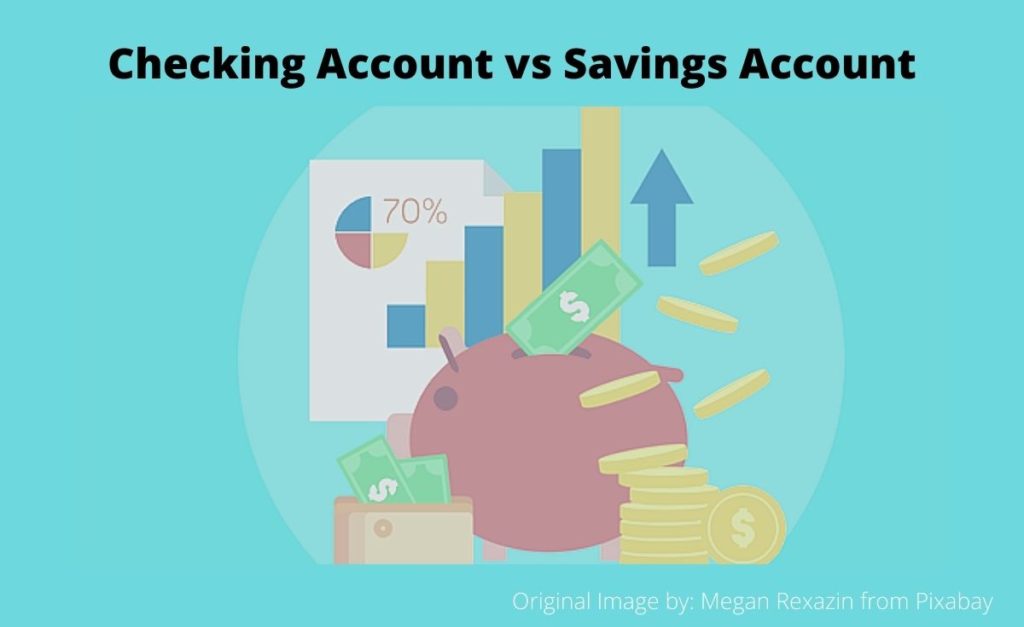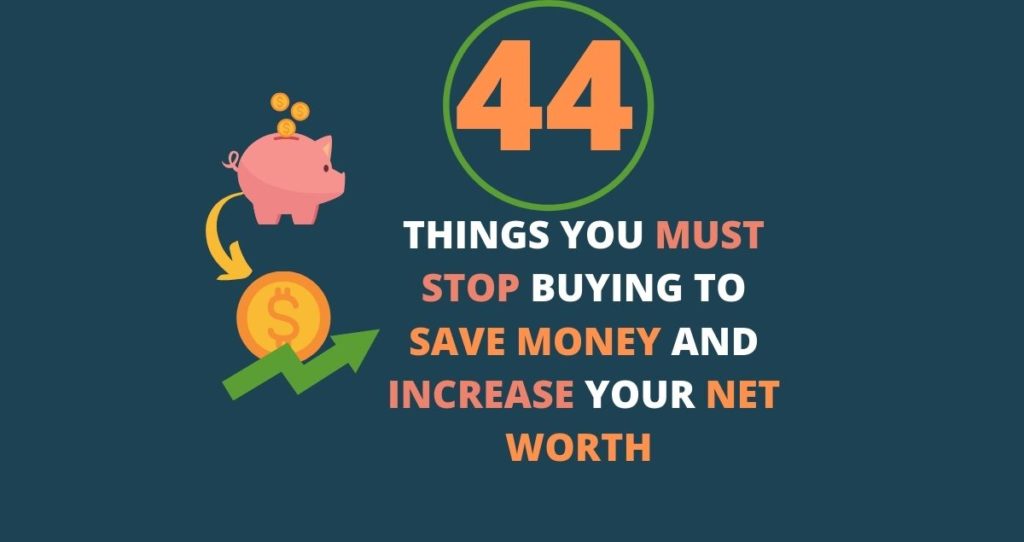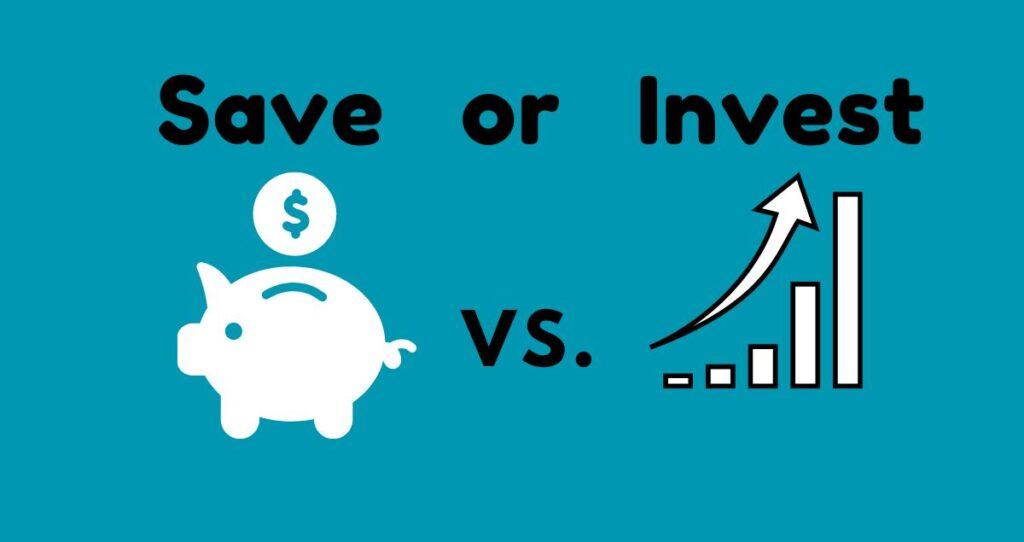If you did not know it, tax is the biggest expense on your income. Not only do you pay state and federal taxes when you make money, but you also pay taxes when you spend your net income. Even after paying tax when you buy assets such as a home and cars using money that is already taxed, you also continue to tax in property tax and car registration, respectively. Minimizing your tax liabilities at all costs is the only way to get ahead and become financially independent. This article will walk you through clever ways to pay less tax and use your funds to benefit you instead of giving them away to the IRS.
If you have been working so hard with multiple jobs and can’t get ahead financially, this article is for you. You will learn different tax strategies to legally pay less tax, boost your savings, increase your investments, and invest in your future.
Before you continue reading this article, I must tell you that the only way to pay less tax is to minimize your taxable income and take advantage of all tax credits and tax incentives you qualify for. These tax strategies involve contributing to tax advantages retirement accounts such as 401(k)s and IRA, investing for the long term, harvesting losses from investments, smart savings such as in HSA and FSA, deducting qualifying expenses, creating a college fund, and much more.
Without further ado, the following are 8 clever ways to pay less tax that everyone should know.
1. How to pay less tax: Maximize your 401(k) and 403(b)
Contributing to your retirement account is one of the best ways to pay less tax. Companies usually offer retirement savings plans as part of their benefits to employees. The most popular plans are a 401(K) plan and 4003(b). According to the IRS, A 401(k) is a type of profit-sharing plan that employers give to their employees, which allows them to save some of their wages toward retirement. On the other hand, 403(b) is provided by no-profit organizations and government employers, according to Investopedia. 401(K) and 403(b) plans are named after their equivalent sections of the IRS tax code and offer employee tax advantages.
Here is how contributing to your 401(k) can help you pay less tax.
- Contributions to pre-tax 401(k) are tax deductible. For example, if your income was $50,000 and you contributed $23,000, the maximum allowed 401(k) limit for 20204, you will only pay tax on the remaining $27,000.
- If you have a Roth 401(k), you might not get upfront tax benefits, but your contributions and related earnings will be distributed tax-free during retirement.
- You will grow the account on a tax-deferred basis.
The 401(k) and 403(b) plans offer similar tax benefits with the same contributions.
How much can you contribute to your 401(k)?
401(k) plans are great retirement savings accounts that help you pay less tax due to higher contribution limits. According to SHRM.org, an individual’s maximum contribution to their 401(k) plans for 2024 is $23,000. Those who are over 50 years old can contribute an extra $7,500 to their accounts to catch up.
Most employers match employees’ contributions up to a certain percentage. For example, if your employer matches your contributions at 6% and your income is $100,000, you will receive $6,000 from your employer if you contribute $6k to your 401(k) plan.
Since contributions to your pre-tax 401(k) are tax-free, you pay less tax by reducing your taxable income. For example, if your gross income was $50,000 and you contributed $10,000, your taxable income would be $40,000. You can reduce your taxable income by increasing your contributions or opening other tax-advantaged accounts such as HSA or traditional IRA, which we will cover in the next few paragraphs.
2. To pay less tax, open a Health Savings Account (HSA)
This option has something to do with your health insurance. If your employer offers health benefits, you could use a health savings account(HSA) to lower your taxable income. A health savings account lets you put aside pre-taxed money to pay for qualified medical expenses.
How much can you contribute to your HSA account?
Healthcare.gov says you can contribute to your HSA account only if you have a High Deductible Health Plan (HDHP). Self-coverage contributions in the HSA are limited to $4,150 for 2024. Family coverages with HDHP can contribute to the HSA account up to $8,300 in 2024.
Any contribution you make to an HSA account comes from pre-tax wages, which allows you to pay less tax for the year you made contributions. That is why it is essential to incorporate an HSA account in your financial planning strategies.
Another great benefit of an HSA account is that you can roll your money into your retirement account or another HSA account if you change employers. According to SmartAsset, you can roll over the cash from HSA into your IRA, other retirement accounts, or from one employer to another. Some rules apply to this process, and the IRS does not allow a direct transfer from an HSA to a 401k.
Besides lowering your taxable income, an HSA can also serve as a retirement savings account, similar to a traditional IRA. Your plan eventually allows the option to invest your HSA funds and grow the account on a tax-deferred basis. Once you reach 65, you can withdraw the money for any expenses without paying the 20% tax penalty.
3. Claim tax credits and deductions to pay less tax

Tax credits and deductions can help you pay less tax when filing. According to the IRS, tax credits reduce the amount of tax you owe, whereas tax deductions reduce your income before you calculate your taxes. These two benefits are some of the best ways to lower your taxes.
There are a lot of tax credits you can take advantage of. For example, you can get tax credits for child and dependent care expenses. The IRS has a document that helps you check your qualifications and other resources you need for this particular example. Read the pdf document here to learn how child and dependent care tax benefits work.
You can also claim many other tax credits, such as homeowner credits, Income and savings credits, health care credits, and education tax credits. If you want to pay less tax legally, use the resources available to you and take advantage of what you qualify for.
4. Lower your tax by starting a business
If you are a business owner, you probably know that you qualify for business credits and tax deductions. According to the IRS, your business can have a lot of credits and deductions, which include:
- Opportunity Zones
- Plug-In Electric Drive Vehicle Credit (IRC 30D)
- Research Credit
- Deducting Business Expenses
- Abusive Tax Shelters and Transactions
If you own a business, your business may qualify for one or more of these deductions.
5. Invest in Municipal Bonds
One of the greatest ways to pay less tax legally is to buy municipal bonds, also known as Munis. These bonds are issued by a state, city, or county to finance government projects. These projects include, but are not limited to, building schools, roads, hospitals, bridges, etc.
By buying municipal bonds, you are lending the government your money. In return, you get a fixed interest, usually paid semi-annually. According to Investor.gov, the interest from municipal bonds is exempt from federal income tax. That is right. You will pay no federal income tax on the interest you earn from investing in municipal bonds.
The good news does not end there. According to Merrill Bank Of America, some states also waive tax on income you earn from Munis. If there is a good way to pay less tax legally, it is through buying municipal bonds. On top of lowering your taxable income, Munis are safer than equities, where volatility is a significant risk for many investors.
6. Buy long-term investments

Rich people get away with tax by acquiring long-term investments. So, what is a long-term investment? A long-term investment is nothing but an investment you keep for a long time. By default, a long-term investment should be kept for at least one year. The longer you keep the investment, the more it helps you pay less tax legally.
How do long-term investments save money in taxes?
Before we answer this question, let’s examine how these investments work. Let’s say you bought shares of a company last week and want to hold them for 10 years.
At the end of 10 years, let’s assume that the share price doubled and you decided to sell. That is, you made a 100% return on investment. During the 10 years, you did not pay capital gain tax on this investment. This is because all the gains you made on your investment were not realized until you decided to sell.
Long-term investments also receive tax benefits through capital gains tax. According to Bankrate, long-term capital gains have much lower tax rates of 0%, 15%, and 20%. These rates depend on tax brackets, marital status, and the length of time the assets were owned.
This is how the rich keep getting richer. They buy and hold investments for a long time, paying no taxes during this period. When they decide to sell, they pay capital gains tax instead of income tax.
The point here is that by holding an investment for a long time, you delay paying taxes on it. This makes your money grow fast due to compound interest, allows you to pay less tax when you sell, and allows you to reach financial independence quickly.
You might also like ways to avoid paying capital gains tax.
7. How to pay less tax: Make less money(a very silly choice)
This one is silly. You can avoid paying taxes by making less money. The question is: Do you need to starve yourself so that you can pay little to no tax? I will let you answer that.
The IRS will not pursue you if your income is below the minimum taxable income. That is, you made little or no money, and the IRS looks at your income and says, “If we take anything from that person, he is going to die.” So, you get a free ride.
The minimum taxable income varies based on your filing status and age category. According to H&R Block, individuals filing single do not need to file tax returns if they are under 65 years old and their income is $12,400 or lower. Those older than 65 and filing single do not need to file tax returns if their income is $14,050 or under. These statistics apply only to 2020. For more details regarding age categories and minimum taxable income, read the full article from H&R Block.
8. Pay less tax through charitable deductions
Did you know that you can pay less tax by donating your money? According to the IRS, cash donations can be deductible if they meet requirements. For charitable cash contributions, the donation must meet the IRS requirements.
These requirements are as follows: (1) Your charitable contributions must have been made in cash, (2) The cash must have been donated to the right organization, and (3) the contribution should be made in 2020. Limits to how much donations are deductible also apply, and they vary from individual to business. You can find more details on the IRS website.
The IRS guidelines also include more details on specific cash amounts and which organizations meet the 2020 requirements.
